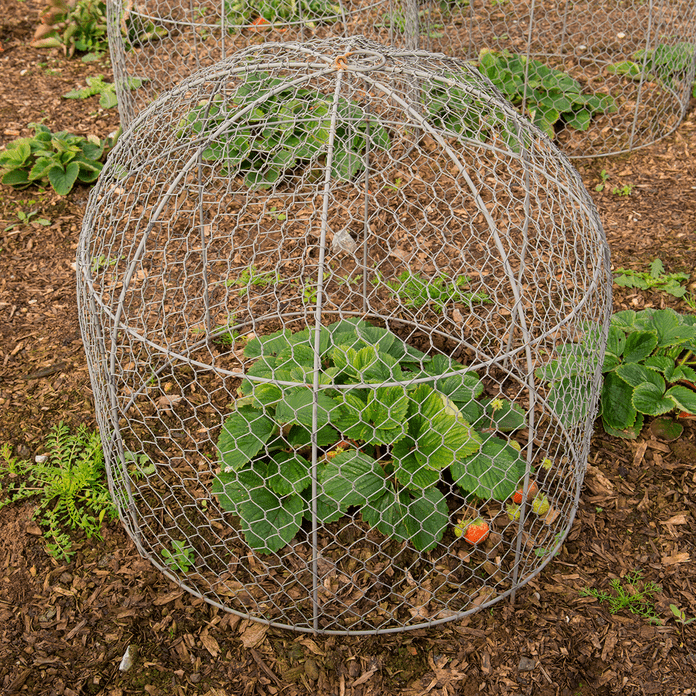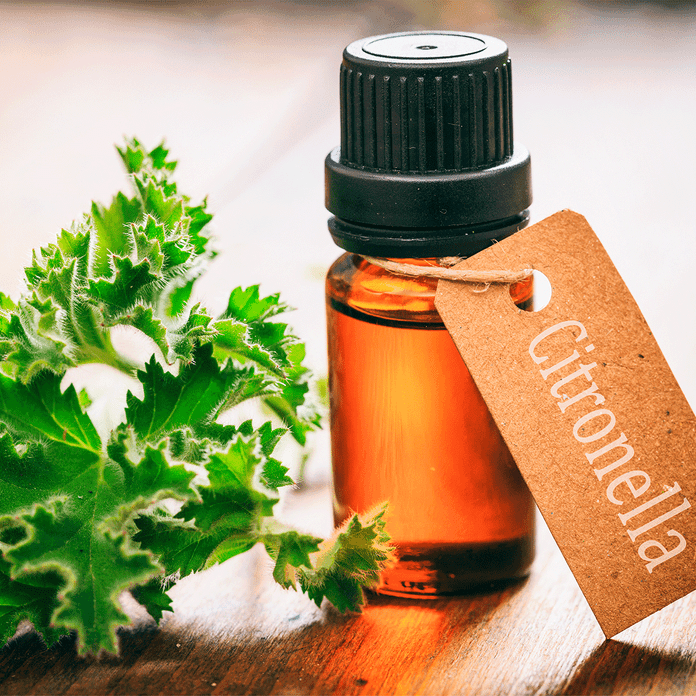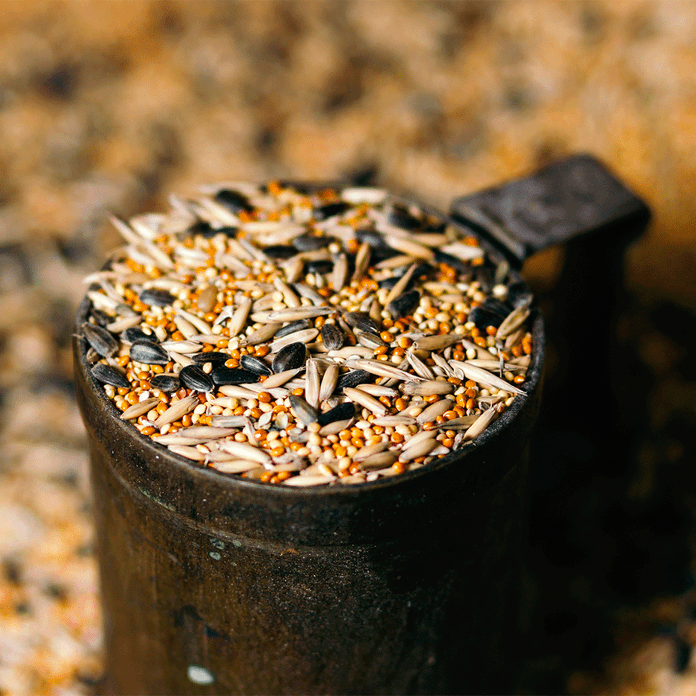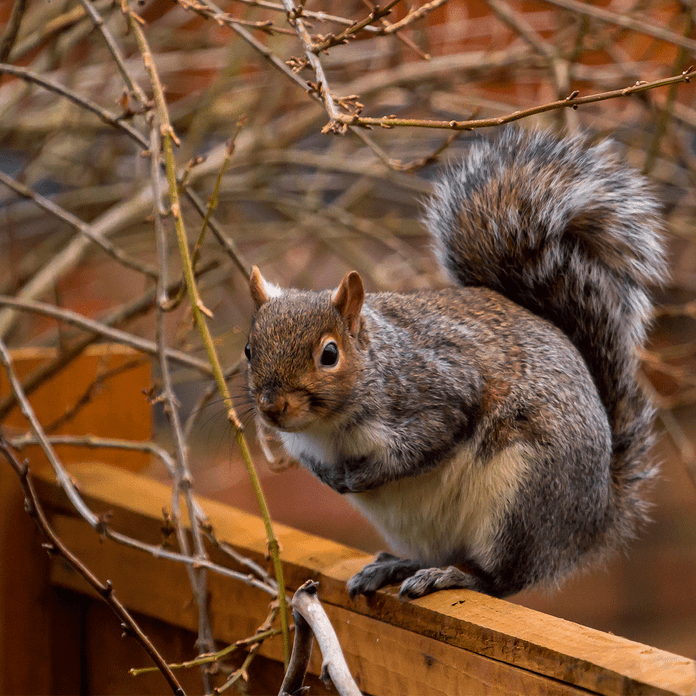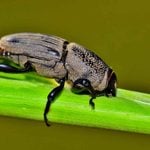Humane Pest Control for Critter-Proof Gardens and Planters
Updated: Jul. 03, 2019When planning your veggie garden, flower bed or planters, keep in mind one of the most serious dangers to new shoots and buds: hungry critters. Here's how to deter them in humane ways.
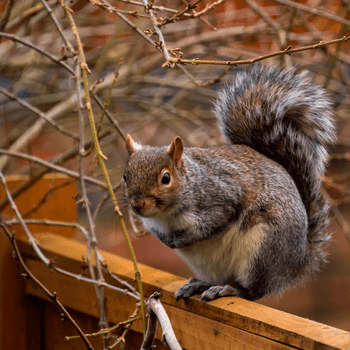
Wire Cloches
A cloche is a bell-shape covering that you can put over a plant you want to protect. Wire versions are common, affordable and easy to find. Simply place them over growing plants, and animals will have a hard time reaching those delicate leaves. It’s an excellent solution if you have one or two particularly vulnerable plants in your garden or planters that require protection. If you have some chicken wire laying around, you can make your own rough tube cloches, but they won’t be nearly as aesthetically pleasing or easy to salvage afterward, so there is a trade off to making them yourself.
The problem comes when you have many plants in the same area that need to be protected. If your plants are in a row, then using one long, low loop of chicken wire to cover them all is an elegant solution. If not, you may need to investigate other options.
Scent Repellents
Scent repellents are a very common humane pest control option for outdoor problems, especially if you don’t want to install any physical barriers. But scent repellents are not always effective. Homemade solutions range from human hair and coffee grounds to rotten eggs, cayenne pepper spray, garlic and castor oil. When contemplating these DIY mixtures, pick those that keep your garden smelling nice (such as cirtonella) and won’t damage the leaves of your plants while experimenting. Did you know spicy scents are a humane way for how to keep dogs out of flower beds? It’s true!
Remember, there may be some hungry animals that simply won’t care what you spray on your plants. Store-bought pellets and predator urine may also prove effective, but it’s more of a trial-and-error process.
A Full Fence
If you have a large section reserved for your vegetable garden, a special flower bed or another area set aside, consider building a protective, permanent fence (including a gate) around the whole perimeter. A fence can prove an effective solution for larger animals like deer and raccoons. However, very hungry deer will try to jump a low fence, so it needs to be at least 5 ft. high for adequate protection. And be sure to read the fencing label as to the size of animals it deters.
Alternative Food Sources
For the kinder homeowners, there’s another humane pest control option that could save your garden: Provide other food sources. If you set up bird feeders (which nearly every animal in your yard will be drawn to) at the opposite end of your home, you could attract animals to that side and make sure that’s where they head in search of food, leaving your plants alone. This works best with smaller animals and requires a constant supply of food, but it isn’t always dependable. Wild animals have an instinct to forage and explore, which means they will often end up in your garden anyway.
Baffles
You may already have experience using baffles, the cone- or cylinder-shape objects that attach to posts or poles to keep squirrels from climbing up to bird feeders or into fenced gardens. If you have planters on or near posts or poles, baffles are a great option for deterring squirrels and preserving your plants.
Planting For Pests
Some people choose to plant species that animals just don’t like. Many herbs like mint and lavender taste bad to some animals. Same with cistus, echium and other furry-leaved species. Ferns, irises, daffodils and lilies famously enjoy immunity from the appetites of many larger creatures as well. Take care and do plenty of research with this method, though, as some plants may be safe from one animal but not others.
